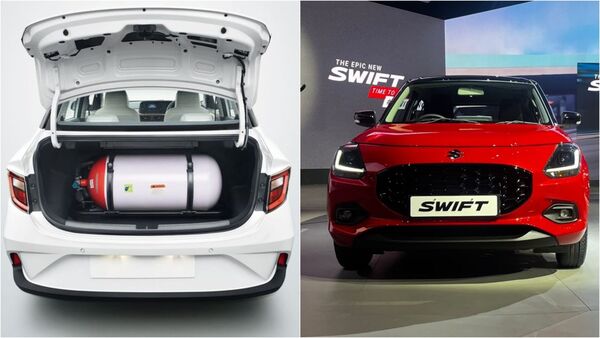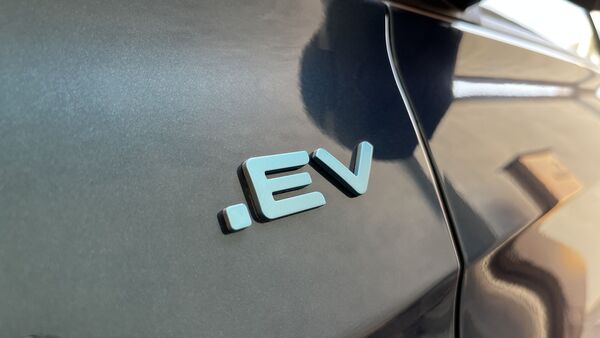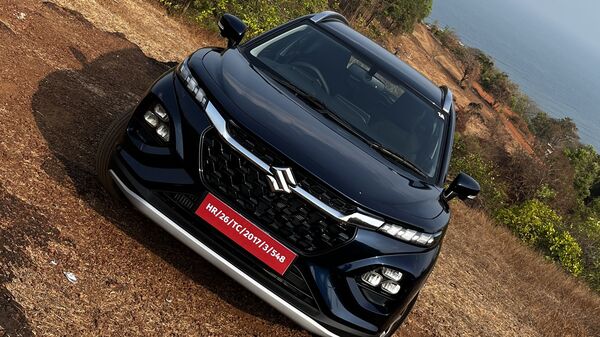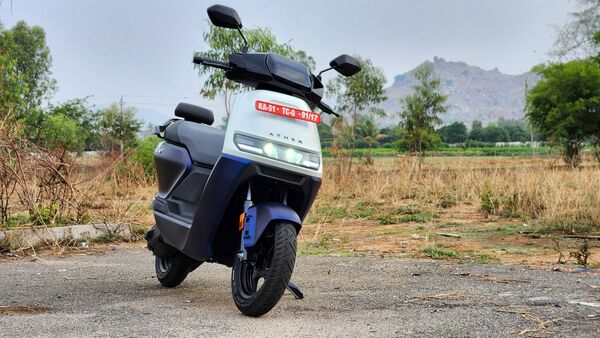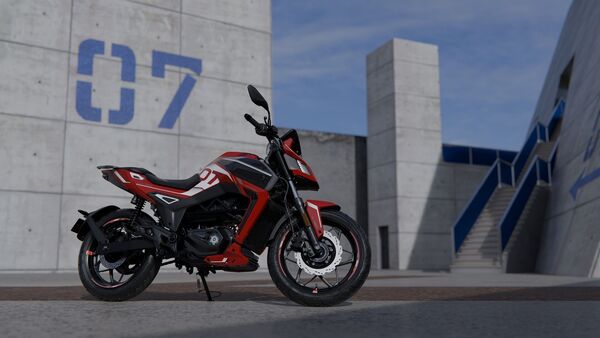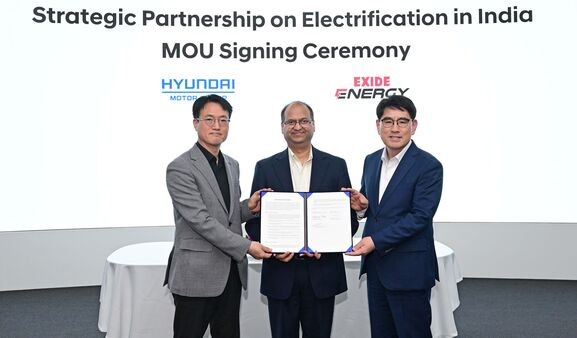
Hyundai and Kia join forces with Exide Energy for local EV battery production in India
2 months ago | 8 Views
Hyundai Motor Company and Kia Corporation have signed a Memorandum of Understanding (MOU) with Exide Energy Solutions as part of their electric vehicle (EV) expansion plans. The strategic cooperation aims to localise EV battery production, focusing on lithium-iron-phosphate (LFP) cells for the Indian market.
According to a press release from Hyundai Motor Company, this move will establish Hyundai and Kia as pioneers in utilising domestically produced batteries for their upcoming EV models in India. The partnership with Exide Energy signifies the beginning of their efforts to expand exclusive battery development, production, supply, and partnerships in the Indian market.
The MOU was signed at Hyundai Motor Group’s Namyang Research and Development Center in South Korea. Attendees included Heui Won Yang, President and Head of Hyundai Motor and Kia’s R&D Division, Chang Hwan Kim, Head of Electrification Energy Solutions Tech Unit, Duk Gyo Jeong, Head of Electric Vehicle Parts Purchasing Sub-Division, and Dr. Mandar V Deo, Managing Director, and CEO of Exide Energy.
Yang highlighted India's significance in vehicle electrification, particularly in light of the government's carbon neutrality goals. He emphasised the importance of securing cost competitiveness through local battery production and expressed confidence that the partnership with Exide Energy Solutions Ltd. would equip Hyundai Motor and Kia's future EV models in India with locally produced batteries.
Earlier in the month, Kia presented its strategic vision for the Indian market at Investor Day 2024. Ho-Sung Song, President and CEO of Kia, outlined plans to launch two dedicated models in emerging markets, including the Kia Carens EV, to meet diverse consumer demands in India. Kia aims to enhance product competitiveness, create new demand using Purpose-Built Vehicles (PBVs), and differentiate the brand by offering high-quality customer experiences and diversifying manufacturing bases in emerging markets.
Globally, Kia has decided on a total of 15 EV models for its 2027 lineup. Meanwhile, Hyundai plans to introduce five EVs by 2032, anticipating significant growth in the Indian market. The South Korean automaker expects India to sell 50 lakh passenger cars by 2030, with 48 per cent being SUVs and 30 per cent EVs.
Read Also: interview: aim to bring more consistent performance in motogp 24: aprilia racing
Read more news like this on HindustanTimes.com
